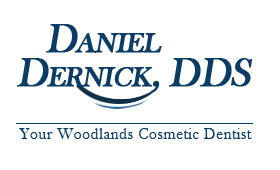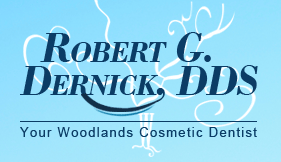Did you know your dentist can treat sleep apnea? Find out how.
Routine dental visits are an important part of maintaining your oral health. Oftentimes, early signs of dental conditions like gum disease or oral cancer are found during an exam. Catching these things early on is often essential for successful treatment. But your dentist may also be able to diagnose sleep apnea during a routine dental checkup. This is not all that surprising. Read on to learn more about this condition, how it’s diagnosed, and treatment options.
What is Sleep Apnea?
Sleep apnea is a chronic condition that causes some people to stop breathing while they are sleeping. Obstructive sleep apnea is the most common form. When breathing is interrupted, the soft tissue in the airway collapses. When this happens, it prevents oxygen from getting through the airway and into the lungs. It is disruptive to sleep patterns. When it goes undiagnosed and untreated, you can wake up tired and sluggish. When it is not treated, it can have a negative impact on your mental and physical health.
How does it affect your overall health?
Sleep apnea sufferers increase their risk for developing other health conditions both mental and physical. Many adults who have it are more likely to develop high blood pressure and suffer from heart disease. Mood disorders are likely too, including mania, bipolar disorder, dysthymia, and depression. The condition is also thought to be linked to strokes, obesity, and diabetes.
When sleep apnea is not treated, it can lead to chronic fatigue which can increase the risk of injury. This is because when fatigued, you are more likely to have accidents while driving and while at work.
How can the dentist tell if you have sleep apnea?
It may be surprising to learn that the dentist is often the first one to recognize and diagnose sleep apnea. One of the first signs of the condition is teeth grinding which dentists can observe from a regular exam. Other signs that a patient has sleep apnea often recognized by dentists include poor tongue positioning, mouth breathing, a smaller than normal jaw, scalloped edges along the edge of the tongue, and reports of waking up with a dry mouth and throat. Dentists and physicians are working as partners to diagnose and treat sleep apnea. If Dr. Dernick asks you questions about how well you are sleeping, if you snore, or other questions about your sleep habits, he may need to know if you are suffering from sleep apnea.
Treatment at Your Woodlands Dentists
Dr. Dernick is a valuable health partner when it comes to treating sleep apnea. Once you have been diagnosed, he may recommend wearing an oral appliance. These devices are often useful for easing the symptoms of those who have mild to moderate cases. The most commonly used oral appliances are called a mandibular advancement device or a dental sleep device. It looks and fits like a mouthguard but pushes the lower jaw forward. By repositioning the jaw the muscles that usually collapse during apneas are kept tight so they cannot fall down. Some oral devices are adjustable so you can change the position where the jaw rests.
To be fitted for an oral device, Dr. Dernick will assess your teeth, mouth, and temporomandibular joints. If he determines the oral device is a suitable treatment option, he will make a model of your teeth. Specialists will use the model to craft a custom-made mouthpiece for you. This will ensure it fits properly and ensures maximum comfort. Dr. Dernick and the Woodlands dental staff will work closely with you to make sure the oral appliance is effective and improving your symptoms.
Contact the Dentist in The Woodlands, Tx
If you think you may be suffering from sleep apnea, please contact us at The Woodlands. You can take our Sleep Quiz to see if you are at risk and you can request a free consultation with Dr. Robert Dernick. Treating sleep apnea with oral appliance therapy is easy, effective, and affordable. Contact us today!



